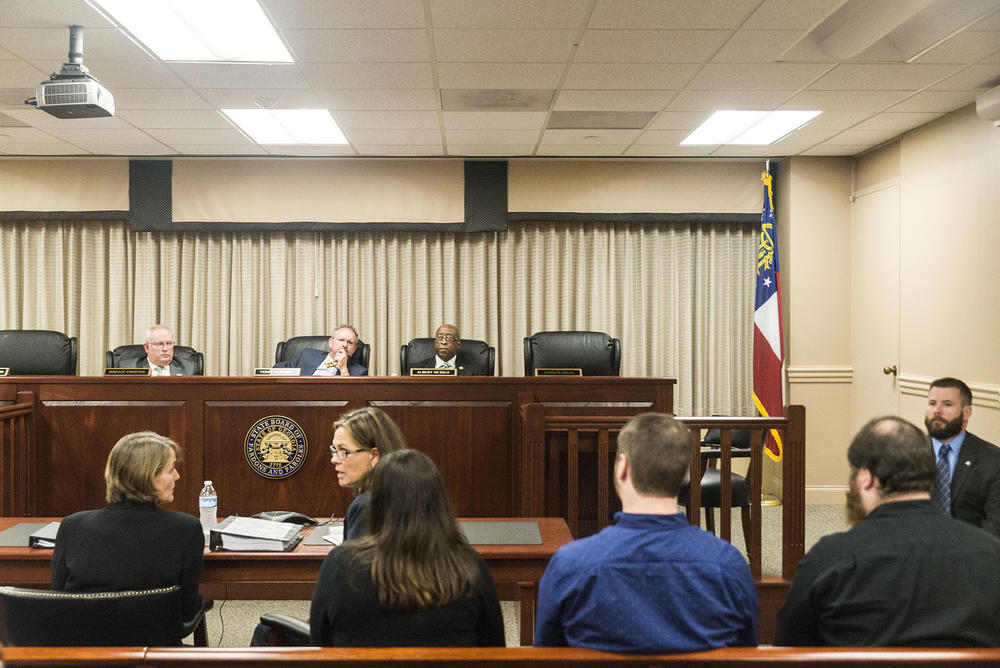Section Branding
Header Content
Coming Execution Would Mark Georgia Milestone
Primary Content
Should the State of Georgia execute Gregory Paul Lawler as planned on Wednesday, it will mark a milestone in at least two different ways.
Lawler was sentenced to death for the 1997 killing of Atlanta police officer John Sowa. His execution will be the seventh in Georgia in 2016. That makes two more than in 2015 and makes Georgia the only state in the nation accelerating the rate of execution year over year. That’s the first milestone.
As for the second milestone, Lawler’s execution would tie Georgia with Texas in the lead for executions in 2016. Texas usually leads the nation. Richard Dunham, Executive Director of the Death Penalty Information Center said this is because something new is happening in Texas that isn’t happening in Georgia.
“The state courts in Georgia are not granting hearings to consider evidence that there was police misconduct or prosecutorial misconduct or junk science that was being used,” Dunham said.
State courts in Texas are considering those factors now that state law allows for it. The law changed following a number of high profile death row exonerations. Executions in Texas have been cut in half since 2015 as some inmates have won stays of execution.
Gregory Paul Lawler’s attorneys have argued for clemency to Georgia’s Board of Pardons and Parole on the basis of his recent Autism diagnosis. Were that evidence presented in court, the resulting decision would be public record. The Board of Pardons and Parole, appointed by the Governor, is not bound by law to share its findings.
Despite the increase in executions in Georgia, the handing down of death sentences by juries continues to slow. Gregory Paul Lawler’s conviction in 2000 came right at the tail end of the peak for capital punishment in Georgia following its resumption in 1977.
Until 2000, the state averaged 10 death sentences a year. Since 2000 that number has been closer to two a year. There were no death sentences handed down in 2015 which was the sixth year Georgia juries could choose Life Without the Possibility of Parole instead of a death sentence.
Related content: How Does Death Row Clemency Work In Georgia?


